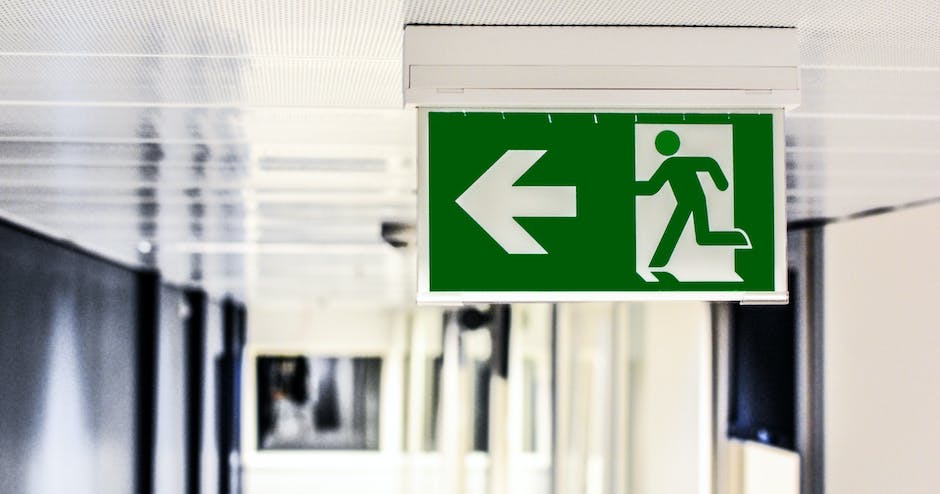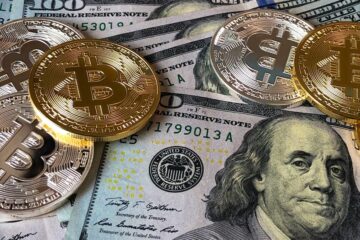Binance and Voyager, two popular cryptocurrency exchanges, are currently under scrutiny by regulators over their compliance with securities laws. The US Securities and Exchange Commission (SEC) and the New York Department of Financial Services (NYDFS) have both issued statements regarding the matter, indicating that the exchanges may have violated certain laws.
The issue at hand is whether or not the exchanges have been offering trading of securities without proper registration. According to reports, both Binance and Voyager have been offering trading of tokens that are considered securities, such as tokens that represent shares in a company or tokens that give holders the right to a portion of a company’s profits. In the US, companies that offer trading of securities are required to register with the SEC.
The NYDFS has also raised concerns about the exchanges’ compliance with its BitLicense regulations, which require cryptocurrency businesses to meet certain cybersecurity, anti-money laundering, and consumer protection standards. Both Binance and Voyager have recently applied for BitLicenses, but it remains to be seen whether or not they will be approved.
Binance and Voyager are not the only cryptocurrency exchanges to face scrutiny from regulators over securities laws. In the past, the SEC has taken action against several other exchanges, including Coinbase, for offering trading of unregistered securities. The issue of whether or not cryptocurrencies should be considered securities is a contentious one, with different regulatory bodies taking different stances on the matter.
For Binance and Voyager, the outcome of the regulatory scrutiny could have significant implications for their businesses. If the exchanges are found to have violated securities laws, they could face fines, legal action, and damage to their reputation. On the other hand, if they are able to demonstrate that they are in compliance with the relevant regulations, they could continue to operate as normal.



